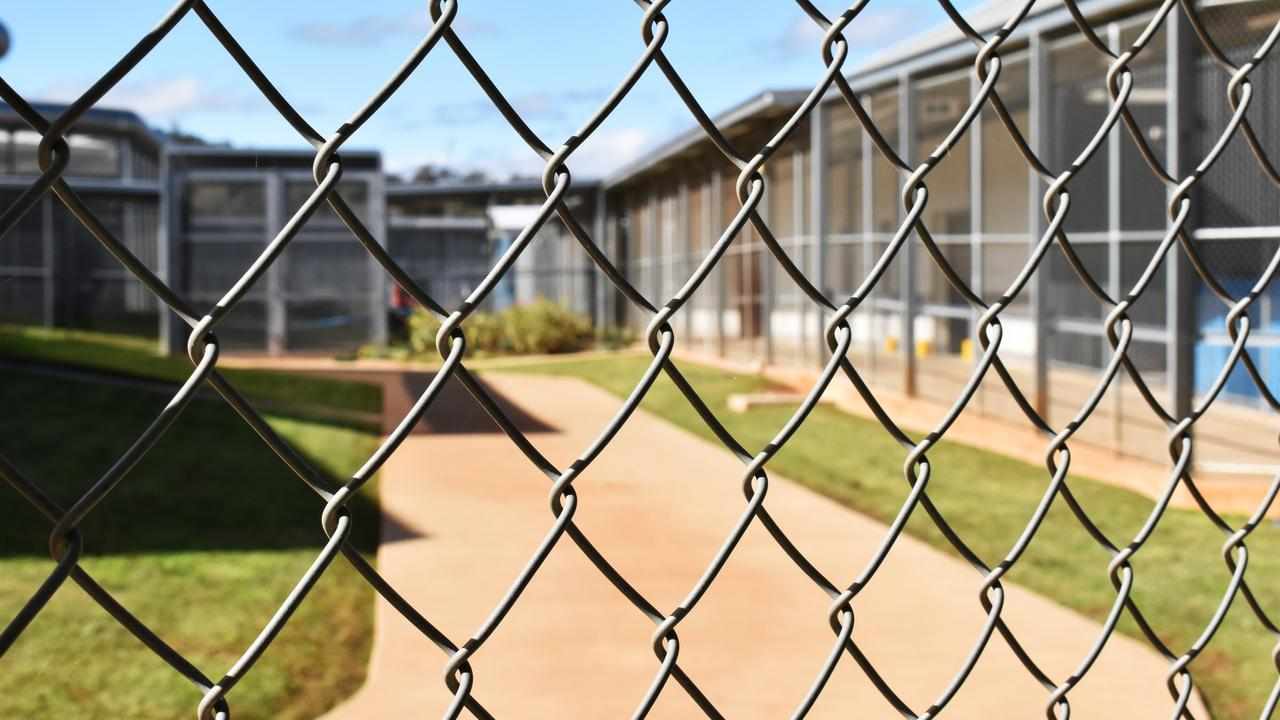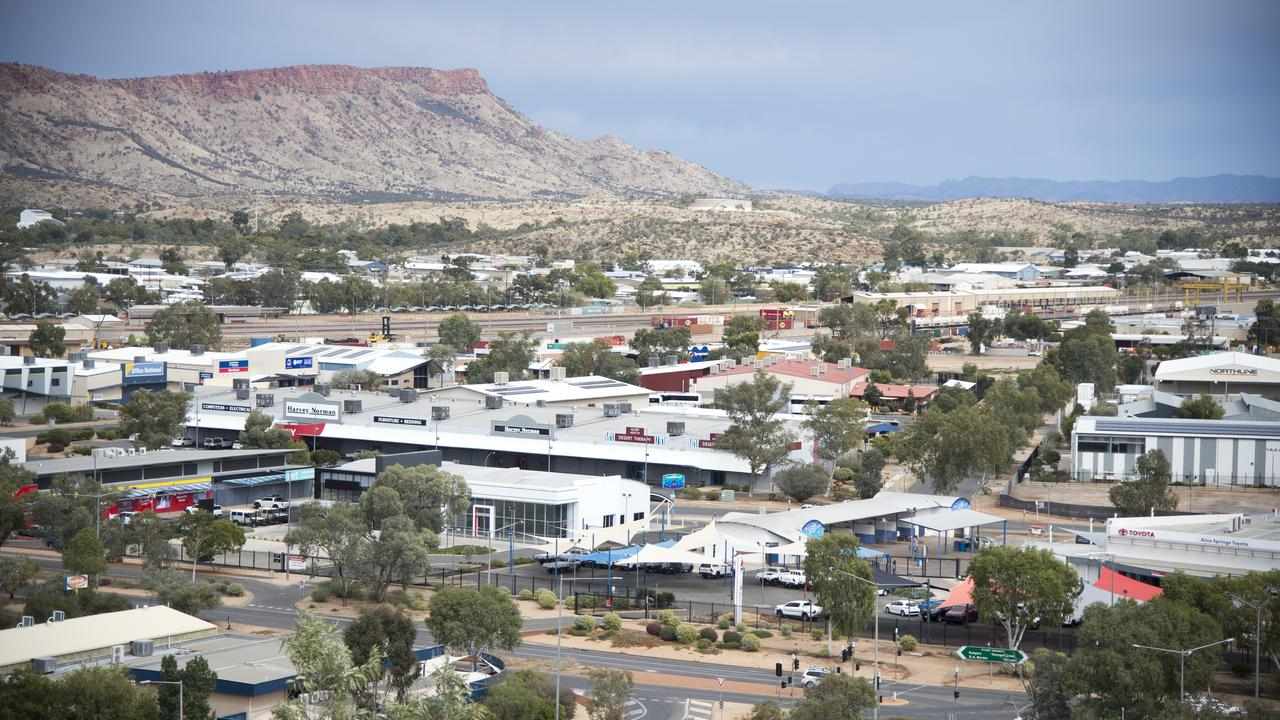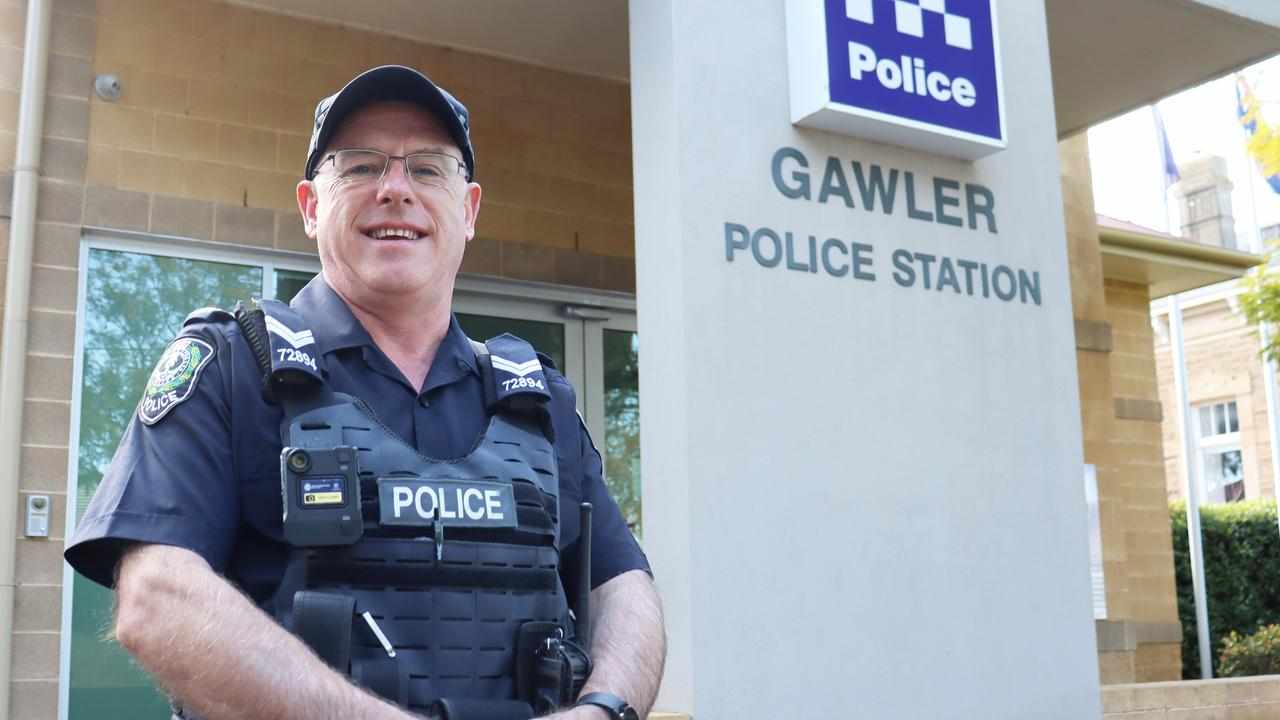The boy sat in court for three days quietly playing with toys, taking naps or waiting for his McDonald's lunch to arrive.
In the lofty wood-panelled courtroom usually reserved for adults accused of grave crimes, the 11-year-old faced a hearing on 72 offences.
The boy, given the pseudonym Greg, was charged over a 130km/h police pursuit and late night robberies involving the use of knives and broken wood.
Greg was part of a group that went on a crime spree around Dubbo, western NSW, sometimes filming themselves as they robbed motel rooms and businesses.
His mother told the court she warned Greg he was destined for jail, but he would laugh and say things like, "I don't care".
After a stint in detention, Greg told staff: "I'll be back soon, save my bed for me."

Children's magistrate Paul Hayes found Greg not guilty last July, ruling the Crown did not successfully challenge the legal principle known as doli incapax.
The law allows prosecutors to rebut the presumption that children between 10 and 14 do not fully appreciate the difference between moral wrongs and mischief.
Greg's case has been held up as an example of the legal system failing communities, as Australia's regional areas grapple with youth crime.
But the criticisms did not mention Greg's severe disadvantage, his dysfunctional and lawless family life, his fractured education, nor that his father and brother were in jail.
Though his mother's statement showed one side to Greg, the court also heard she taught right and wrong through violence and described her children as "c---s" to police.
"Greg is exposed to a range of unlawful conduct," Mr Hayes said, in a rare public Children's Court judgment.
"This may mean such behaviour is normalised and Greg may not appreciate the moral wrongness of the conduct that he either participates in or imitates."
Research has long established links between children's offending and disadvantage, with reviews of Australia's youth justice system recommending diversion over detention.
Experts and humanitarian groups agree that custody should always be the last resort for children.
It is a balance state and territory governments are navigating, amid swirling claims of a crisis and rising pressure from victims' groups and community organisations.
Data shows there was a six per cent rise in police proceedings against young people in 2022-23, or an extra 2804 offenders compared to the year before.
It was the first increase in 13 years, according to the Australian Bureau of Statistics.
A quarter of the 48,014 young people were dealt with for acts intended to cause injury, the majority were boys and the most common age of offending was 16.
NSW parliament last month passed bail laws that will make it harder for those between 14 and 18 to be released on serious charges like car theft and robbery while out on bail for similar offences.
Victoria is trialling electronic monitoring for teens charged with certain crimes, while Queensland Police have arrested more than 4000 children in a year-long crackdown.

A youth curfew was imposed in Alice Springs last month, when the NT government declared an emergency amid escalating violence.
Garner Clancey, a criminologist at the University of Sydney's law school, said while data and anecdotes show a concerning spike in youth offending, some of the debate is hyperbolic.
"We spend an awful lot of time gnashing teeth and reviewing ... when often we know the core principles of what needs to be done," Associate Professor Clancey told AAP.
"We will be buffeted periodically by spikes in youth crime, but that doesn't mean everything we've done before is worthless.
"It means we need to keep doing it and trust that some good old-fashioned casework, good old-fashioned diversion, good old-fashioned policing is part of the picture."
That work is making headway in the small town of Gawler, South Australia.
Authorities in the picturesque wine-growing region were alarmed by the rate of calls related to young people out at night, reported missing or offending in 2021.
Police established the Blue Rose Project - named for a flower that does not bloom without intervention - to engage young people known to them, mostly through the foster care system.

Senior Constable Gary Wills leads the mission to stop at-risk children going missing or landing in court, building a warm rapport through home visits, phone calls and text messages.
The project aims to stop anti-social behaviour long before it starts by showing vulnerable children they have value.
"They were somebody that was just a text on a page," Sen Const Wills told AAP.
"It means they have absolutely no self-worth, so they don't care."
With support from Sen Const Wills, young people have completed drug rehab, negotiated their conditions in care and overcome their frustrations and temptations to act out.
Youth-related call-outs went down from more than 300 to 98 in the project's first year.
As a police officer with more than 30 years' experience, Sen Const Wills tells children they must be accountable for their actions.
"Just because you're a young person, it doesn't give you a get-out-of-jail-free card," he said.
"But Blue Rose is coming in to try and stop you behaving that way, make you think differently, understand how it might feel to be a victim of crime."
In a vast stretch of western NSW between Bathurst and Broken Hill, there is only one youth refuge for children who are not safe at home.
This dearth of support services in the regions should be part of the conversation about youth crime, Mission Australia's central and far west area manager Megan Boshell said.
"Not to minimise those crimes or the impact on victims, but let's also look at the accessibility to accommodation, healthcare, consistent counselling, school and ongoing diversionary programs," she said.
Ms Boshell said bail breaches were common among youth offenders, though they're often due to children fleeing violence and dysfunction.
"They didn't just wake up one day and decide that was what they were going to get up to," she said.
"There's there's been a whole life lived to get to that point."
The charity helps young people by giving them direction and purpose through sport, training or work of their choosing.
"They're not always accustomed to someone asking them, 'what do you want life to look like?'"
For Senior Constable Wills, it all comes back to a small note he keeps in his diary: "None of them asked for this."









